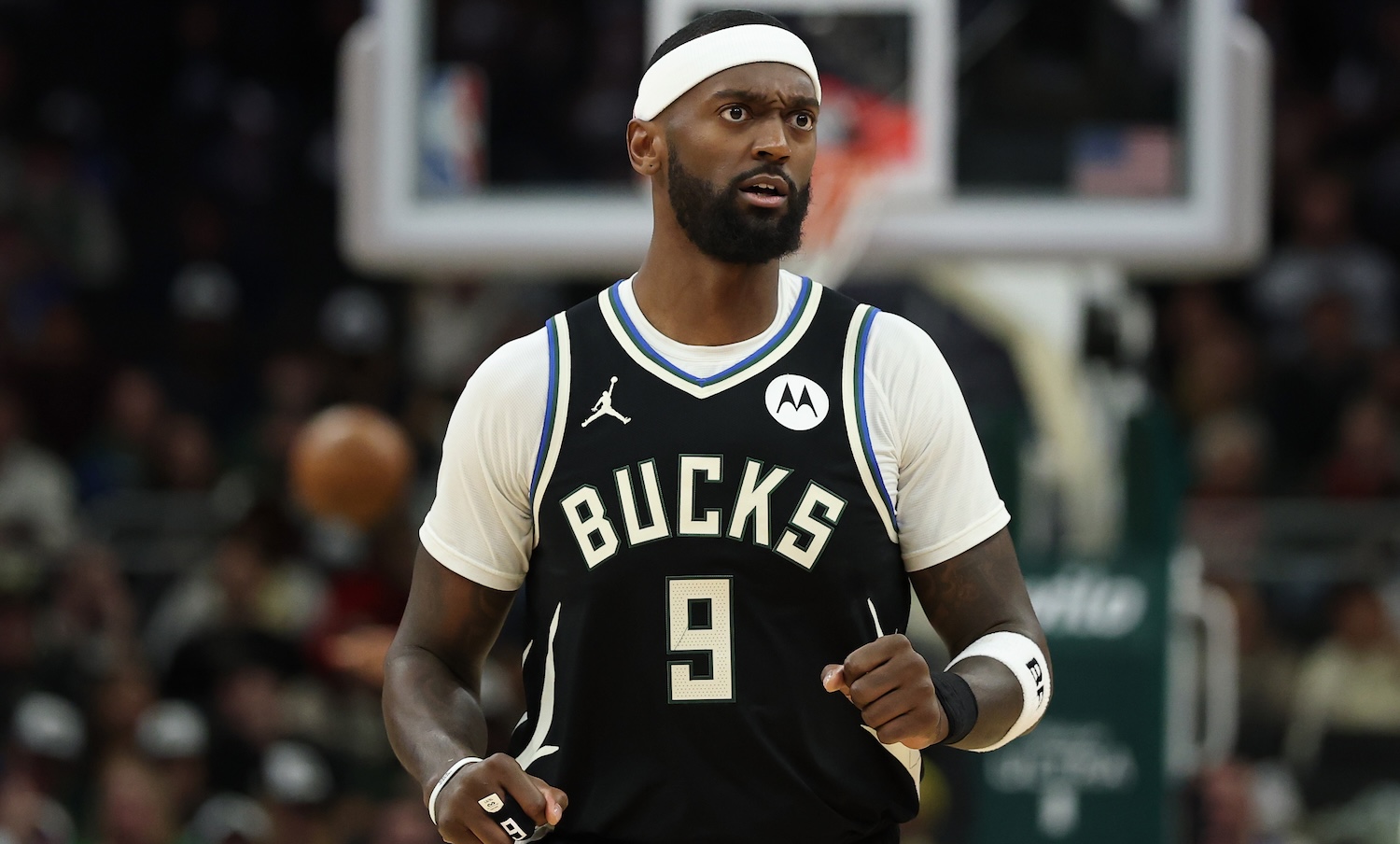On Thursday morning, the NBA announced that Milwaukee Bucks forward Bobby Portis would be suspended for 25 games after testing positive for the pain medication tramadol. The Bucks have 29 games left in the regular season, so they will be without a critical player for an extremely important stretch run in which they will have to fight desperately to stay in front of, somehow, the Detroit Pistons. Portis, in turn, will lose $2.8 million in game checks, so everyone involved is screwed—all over what Portis's representatives are calling an accident involving a substance of questionable performance benefit.
As Portis's agent Mark Bartlestein detailed to ESPN's Shams Charania, Portis takes the very similarly named Toradol to manage pain and inflammation from an elbow contusion he picked up at the start of the season, which explains the mixup. "The tramadol pill he took came from an assistant of his, with a valid prescription for the painkiller, which he mistakenly told Bobby was Toradol," said Bartlestein. Portis does not plan to appeal the suspension.
As for the Bucks, they are in a pretty bad place. After trading the permanently injured Khris Middleton for Kyle Kuzma at the trade deadline, they are extremely thin on two-way players, wing-sized players, and two-way wings. Giannis Antetokounmpo is dealing with a calf injury, which is one of the scarier types of injuries to have to manage in-season as you have to be extremely careful lest it turn into an Achilles issue, and Damian Lillard is old and grumpy. Aside from those two, the roster is barren. Brook Lopez is perhaps the most rigid man in the NBA, A.J. Green can shoot threes and that's it, and Kuzma is a dumb guy's idea of a good NBA player, not an actual good NBA player.
Portis is a critical player for the Bucks, as he spaces the floor, grabs a ton of rebounds, and—this is the important part—runs around and makes things happen. The Bucks are a really stagnant, boring team, and Portis is a super important player for them because he's energetic and he puts pressure on opponents. Also, after losing to Indiana in the first round last year, they can ill afford another anonymous playoff exit, as Antetokounmpo could start itching to leave. The Bucks don't control their own pick in any of the next five drafts, and Antetokounmpo is a free agent two years before they have any wiggle room.
As Bartlstein noted, tramadol is a very recent addition to the NBA's banned substances list. Tramadol is a synthetic opioid, and it was not in the original collective bargaining agreement signed between the NBA and NBPA in April 2023. The league added it one year later, after the World Anti-Doping Agency put it on its prohibited list at the start of 2024 following the July 2023 publication of a study in the Journal of Applied Physiology. The study showed cyclists who took tramadol had a moderate increase in their performance due to the drug's ability to suppress pain. Both for addiction reasons and for doping reasons, it makes sense that sporting bodies like the NBA and WADA would ban it, even if its pharmacology is more effective in a sport like cycling than in a sport like basketball.
More interesting than the fact of the suspension is the length of it. Twenty-five games is an extremely harsh penalty for doping, given that Miles Bridges got 30 games for a domestic violence incident. Whether or not you believe Portis's representation that he didn't intentionally take the drug for doping purposes, missing a third of the season and losing nearly $3 million because you took something that makes it 1.3 percent less painful to play NBA basketball seems like an overly harsh punishment. Tristan Thompson got the same penalty for taking a banned growth hormone, for which there is no good excuse and which provides a far more tangible benefit. Treating the two substances as the same shows the real priority of NBA drug testing: the appearance of toughness.






